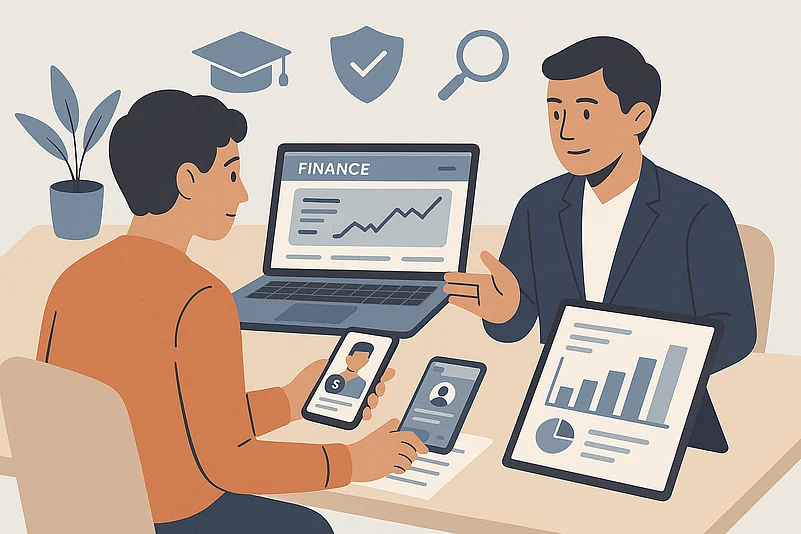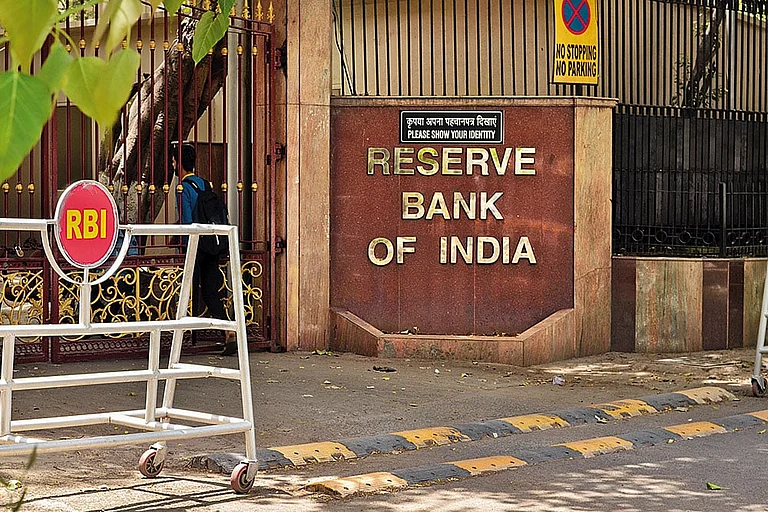Managing money wisely is one of the most important life skills an individual can have. However, many people struggle with it due to a lack of guidance. This struggle to handle money efficiently generally stems from a lack of awareness and access to the right information. Fortunately, learning how to handle your own finances doesn’t require a formal degree. Whether the goal of such an education is to save better, invest smarter, or plan for your retirement, there are many reliable ways to improve your financial decision-making skills. It is important to take charge of your financial literacy to make healthier decisions and generate wealth through smart investments.
Here are three useful sources that can help you build better financial habits and make confident choices:
1. Social Media: Quick and Accessible Learning
Social media platforms like YouTube, Instagram, and LinkedIn are no longer just platforms for entertainment and networking. These platforms also work as excellent tools for learning about personal finance. Many certified financial experts and educators use these platforms to share helpful content. The content shared on these platforms is engaging and is uploaded in easy-to-understand formats like videos, reels, and infographics. Individuals can consider viewing content related to personal finance such as budgeting, credit scores, and tax-saving strategies. The personal finance-related content uploaded on social media platforms is generally made in an engaging manner and explains complex subjects with real-life scenarios.
However, it is important to be cautious and not take investment advice from social media blindly. It is generally advised that individuals should prefer watching videos by domain experts such as certified Chartered Accountants and Certified Financial Advisers. Additionally, individuals should also check the credentials and qualifications of the person giving advice and compare multiple sources before taking any financial decision.
Investors can also attend E-Webinars which are hosted on social media platforms by trusted and qualified experts with years of experience in the field. Generally, such webinars are conducted by banks and financial institutions. These webinars include Q&A segments in which individuals can get their doubts answered in real-time.
2. Financial Websites and FAQs
Financial websites can be great resources for having an in-depth learning experience. Investors can go to trusted financial news websites or government portals like Sebi’s investor education website and Investor Education Protection Fund Authority’s (IEPFA) website to learn more and access eBooks on educational topics. Doing so can help investors stay informed about new rules and investment opportunities. Investors may also subscribe to newsletters or set up alerts for interesting topics. Additionally, they can also read the Frequently Asked Questions (FAQs) section of the website to get answers for their queries or doubts.
3. Professional Financial Advisors: Personalised and Practical Guidance
Learning about new concepts, especially when money is involved, may feel overwhelming. Especially for beginners or for those making big decisions like buying a home or saving for their children's education. Retirement planning is another complex topic where individuals may need some extra help. In such situations, it is important to consult financial advisors.
A professional advisor can understand your personal financial situation and guide you with customised advice to a healthy financial decision-making path. Unlike general information found online, an advisor helps you plan based on your income, expenses, goals, and risk appetite. They can also help you avoid mistakes and inform you about tax benefits and investment strategies. Though you may need to pay for their services, having good guidance can help you in making better financial decisions. However, it is crucial to take advice from certified and trusted advisors with proper credentials.
Final Thoughts
Improving your personal finance skills is a journey and requires the investment of both time and energy. While there are various ways of improving your knowledge of personal finance, investors should consider bolstering their knowledge with guidance from certified financial advisors. Consistent learning and action can help individuals in taking control of their financial future. Thus it is important to start small, stay curious, and remember, every bit of financial knowledge adds up.












